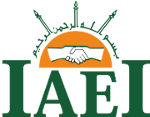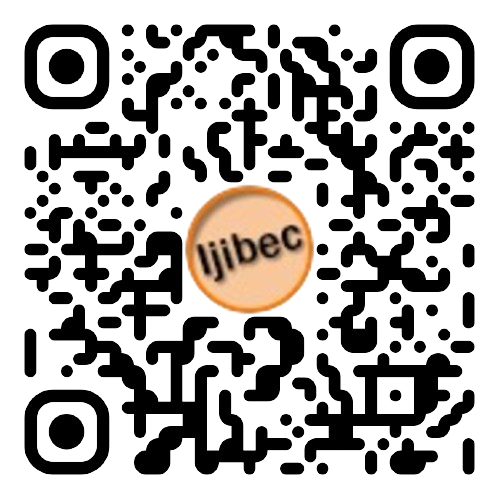The Relationship between Foreign Direct Investment, Islamic Financial Performance and Economic Growth: Analysis of Economic Freedom as a Moderating Variable
DOI:
https://doi.org/10.28918/ijibec.v7i1.6920Keywords:
Foreign Direct Investment; Islamic Financial Performance; Economic Growth; Economic FreedomAbstract
Developing countries need a lot of capital for economic development. Development in most developing countries is hampered by limited funds. Thus, these obstacles in developing a sharia economy in a dual economic system country. The problem of limited capital can be overcome by raising additional capital from abroad in the form of loans or foreign direct investment (FDI). The purpose of this study is to analyze the relationship of FDI and the impact of economic freedom on the development of Islamic economics in IFSB member countries. This research was conducted with quantitative research methods using secondary data from various sources. Studies were analyzed by PLS-SEM using PLS 3.0. The findings reveal that FDI does not have a significant relationship with Islamic economic growth and economic freedom does not moderate the relationship between FDI and Islamic economic development. The development of the sharia economy is hampered because of economic freedom, so that foreign direct investment is not a factor that can advance the Islamic economy. Through this study, the government can build a sharia economic framework by highlighting the resources that Islam allows.














